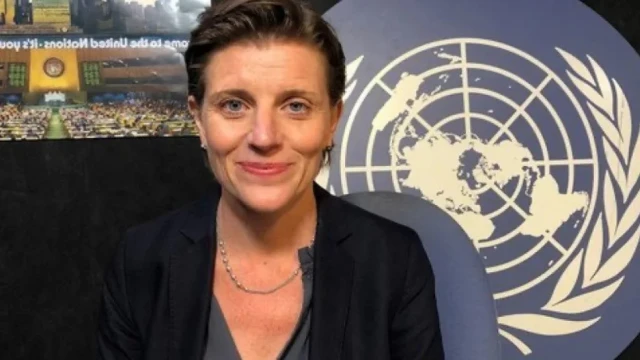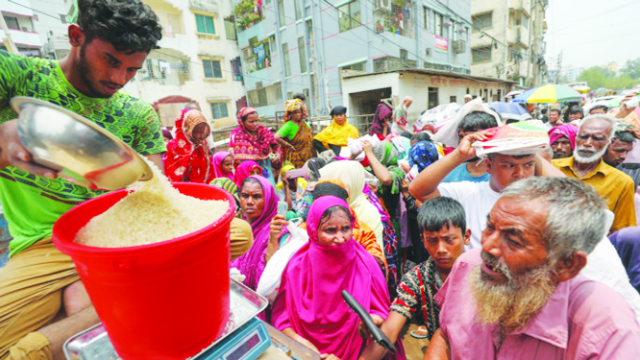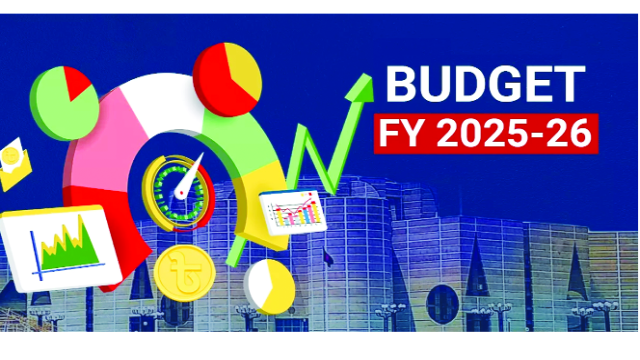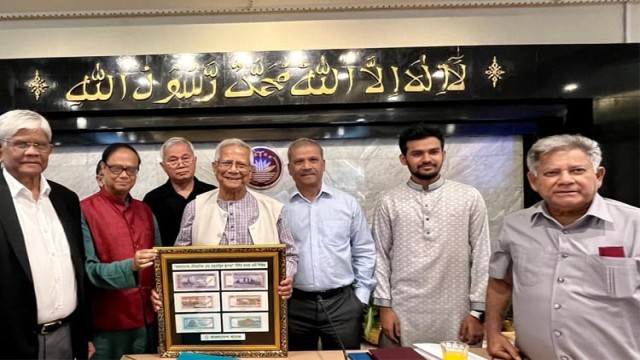২৪ জ্যৈষ্ঠ ১৪৩২
UN ready to help deliver lasting reform in Bangladesh: Gwyn Lewis

UN Resident Coordinator in Bangladesh Gwyn Lewis, has said that the United Nations stands ready to support lasting reforms, climate resilience, economic transformation, and gender equality—ensuring no one is left behind—as Bangladesh prepares for graduation from the Least Developed Country (LDC) category. She noted that while the past year posed significant challenges, it also demonstrated the re
UN Resident Coordinator in Bangladesh Gwyn Lewis, has said that the United Nations stands ready to support lasting reforms, climate resilience, economic transformation, and gender equality—ensuring no one is left behind—as Bangladesh prepares for graduation from the Least Developed Country (LDC) category.
On Thursday, the government of Bangladesh and the United Nations Country Team (UNCT) convened for the biannual meeting of the Joint Steering Committee (JSC) to review the implementation of the UN Sustainable Development Cooperation Framework (UNSDCF), launch the 2024 UN Country Results Report, and endorse strategic priorities for the year ahead.
Reflecting on a year shaped by political transition, severe climate events, and momentum for reform, the JSC acknowledged the UN’s adaptability in navigating the shifting landscape and its continued support in advancing governance reforms, human rights, and institutional strengthening.
In 2024, the UN delivered $215 million in development programming.
Key highlights of the UN’s work included supporting the development of the Smooth Transition Strategy for LDC graduation, creating over 4,000 jobs in partnership with the private sector, helping 116 businesses improve their turnover, and providing digital skills training to over 11,000 young people.
UN-supported initiatives enabled access to social protection services for 40 million people, while 580,000 children benefited from child protection programmes.
Across Bangladesh, 5.6 million adolescent girls were vaccinated against the Human Papilloma Virus (HPV) to protect against cervical cancer, covering 93% of girls aged 10–14 in the targeted divisions.
In response to climate-related disasters, the UN coordinated $44 million in assistance for flood and cyclone response efforts, delivering humanitarian aid to 1.72 million disaster-affected individuals and raising climate risk awareness among 2 million Bangladeshis.
Through its work on governance and gender, the UN supported Village Courts that now serve 66% of rural unions—reaching 61 million people—and backed legislative efforts such as the Sexual Harassment Prevention and Protection Bill and the proposed amendment to the Domestic Violence Act.
The meeting, co-chaired by Md Shahriar Kader Siddiky, secretary of the Economic Relations Division (ERD), and Gwyn Lewis, brought together senior representatives from various line ministries and UN agencies.
Following the government’s decision to extend the Eighth Five-Year Plan by one year, the JSC also endorsed a corresponding one-year extension of the UNSDCF (2022–2026) to ensure alignment with national development planning.
A special session was dedicated to the Declaration on Future Generations and the UN’s youth engagement initiatives. Participants discussed strategies to amplify young people’s voices and integrate intergenerational equity into national policy, building on the outcomes of the 2024 Summit of the Future.
Secretary Siddiky reaffirmed the government’s appreciation for the UN’s continued partnership and expressed optimism that the extended Cooperation Framework would serve as a strong platform for deepening collaboration during the transition and beyond.
“We welcome progress on climate financing platforms such as the Bangladesh Climate Development Partnership. Continued support from the UN and development partners remains essential,” said Siddiky.
“Youth employment, social enterprises, and impact funding must be prioritized to realize the chief adviser’s ‘three zeros’ vision. Urgent attention is also required in areas such as water resource management, local governance, and a responsive UN presence ahead of upcoming reforms and elections,” he added.
The meeting concluded with agreement on key next steps, including the launch of the final-year evaluation of the UNSDCF in late 2025 and a renewed commitment to accelerate progress on the Sustainable Development Goals (SDGs) and LDC graduation targets.
The Cooperation Framework outlines UN support for Bangladesh across five strategic priorities: Inclusive and Sustainable Economic Development; Equitable Human Development and Wellbeing; a Sustainable, Healthy, and Resilient Environment; Transformative, Participatory, and Inclusive Governance; and Gender Equality and the Elimination of Gender-Based Violence.
The next meeting of the JSC is scheduled for November or December 2025, according to the UN office in Dhaka.
END/MSS/HON









Comments here: